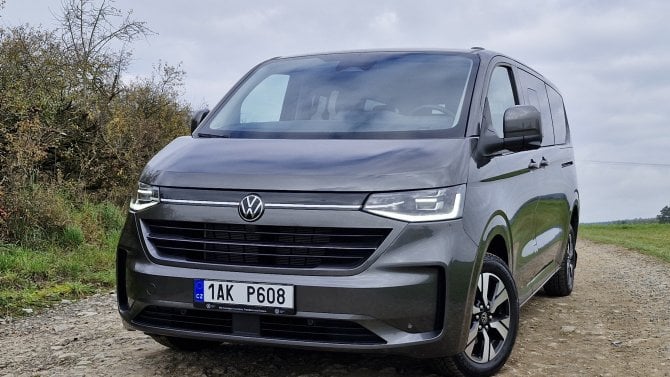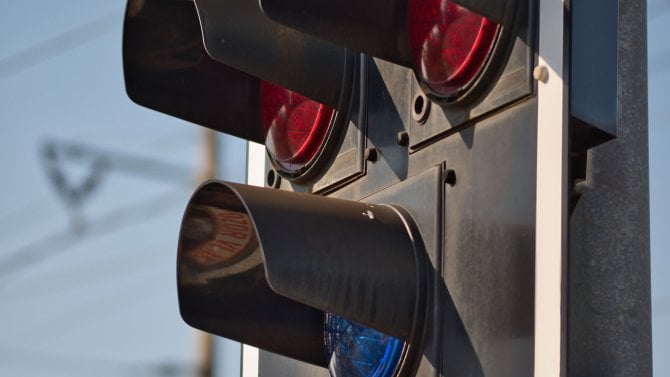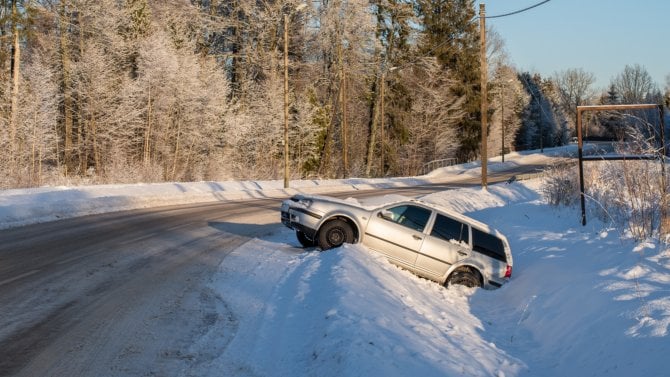...
By Darren Ennis
STRASBOURG, France, German Chancellor Angela Merkel, seeking to revive a stalled EU constitution, warned on Wednesday of the risks of a "historic mistake" that would leave the bloc divided and mired in bureaucracy.
Merkel said Germany would aim by the end of its six-month presidency of the European Union in June to offer a plan for resolving the deadlock before European Parliament elections in mid-2009, but offered no hint of how a compromise could look.
"I know it is a very difficult door I am knocking on, but please don't make this historic mistake. Don't prevent Europe from taking a step in that direction which basically you also want," she told the European Parliament in a plea directed explicitly at Eurosceptics in Britain and elsewhere.
Merkel said it was paradoxical that some of the strongest supporters of EU enlargement opposed institutional reforms without which any further expansion would be impossible.
Efforts to overhaul Brussels' unwieldy structures have been in limbo since French and Dutch voters rejected the charter designed to streamline decision-making in 2005.
"A lumbering bureaucratic, divided Europe will not solve the challenges it faces, be they in foreign and security policy, climate and energy, European research, cutting red tape or in dealing with enlargement and with our neighbours," she said.
Appealing for the EU to deepen ties with the United States and Russia, and make its influence felt from the Balkans to the Middle East and Africa, Merkel said it was time the EU had its own foreign minister -- a key provision of the constitution.
Jose Manuel Barroso, president of the executive European Commission, said any final compromise must "clear the clouds of doubt which hang over parts of Europe".
SCEPTICAL ON REFERENDUMS
With French President Jacques Chirac and British Prime Minister Tony Blair set to leave office this year, Merkel has emerged as Europe's most influential leader.
She made clear her scepticism about referendums, including the idea of a pan-European plebiscite, on the constitution.
Behind the scenes, diplomats say Germany is sounding out its partners on what would have to be removed from the text ratified so far by 18 member states to enable the remaining countries to endorse it, if possible without referendums.
German officials say what she can achieve depends largely on who is elected president of France on May 6. The French "No" vote stemmed partly from fears that cheap labour from new member states in the east would take away jobs in western Europe.
Aside from difficulties with France and the Netherlands, Berlin faces an uphill struggle to convince governments in the seven other states that have not yet ratified the constitution.
Britain, Poland and the Czech Republic, which promised referendums but never held them after the French and Dutch votes, all have cold feet about reviving the treaty.
Critics of the charter slammed that approach in the debate after Merkel's speech, as undemocratic.
"The EU's political establishment is now going full steam ahead to thrust the constitution upon us," eurosceptical British conservative Neil Parish said. "If the leaders of the EU attempt to airbrush out the wishes of the French and Dutch voters, they risk destroying the very institutions they revere."
A week after the European Commission laid out ambitious plans to lead the world in cutting greenhouse gases, Merkel signalled that Berlin would aim to reconcile such policies with Europe's need to guarantee secure energy supplies.
She urged Washington to do more to tackle climate change.
Some speakers demanded proof that Merkel genuinely backed efforts to liberalise energy markets, accusing her of siding with some other EU leaders who preferred national champions.
"It's no good trying to protect energy giants like EDF and E.ON in the hope that they can stand up to Gazprom," British Liberal Graham Watson said of rivalry between Russian gas monopoly Gazprom and French and German energy giants.
Merkel called for closer trade ties with the United States, saying Brussels and Washington should cut barriers in areas such as patent rights and stock market access. ((Writing by Mark John, editing by Paul Taylor and Jon Hemming; Reuters Messaging: paul.taylor.reuters.com@reuters.net; +322 2876801))
Keywords: EU MERKEL/
[Reuters/Finance.cz]




 Test Volkswagen Caravelle Long 2.0 TDI 4Motion: Mikrobus do nepohody
Test Volkswagen Caravelle Long 2.0 TDI 4Motion: Mikrobus do nepohody
 Malý náklaďáček mnoha jmen: Škoda/Aero/Praga (A) 150 byla nedoceněným československým dříčem
Malý náklaďáček mnoha jmen: Škoda/Aero/Praga (A) 150 byla nedoceněným československým dříčem
 Řidička uvízla na železničním přejezdu, rychlík ji minul jen o kousek
Řidička uvízla na železničním přejezdu, rychlík ji minul jen o kousek
 Brzdná dráha delší až o deset metrů. Hlavně levné pneumatiky z východní Asie jsou pro řidiče rizikové
Brzdná dráha delší až o deset metrů. Hlavně levné pneumatiky z východní Asie jsou pro řidiče rizikové
 Test Renault Symbioz: S novým hybridem jezdí svižně a se spotřebou legendárního té-dé-íčka
Test Renault Symbioz: S novým hybridem jezdí svižně a se spotřebou legendárního té-dé-íčka
